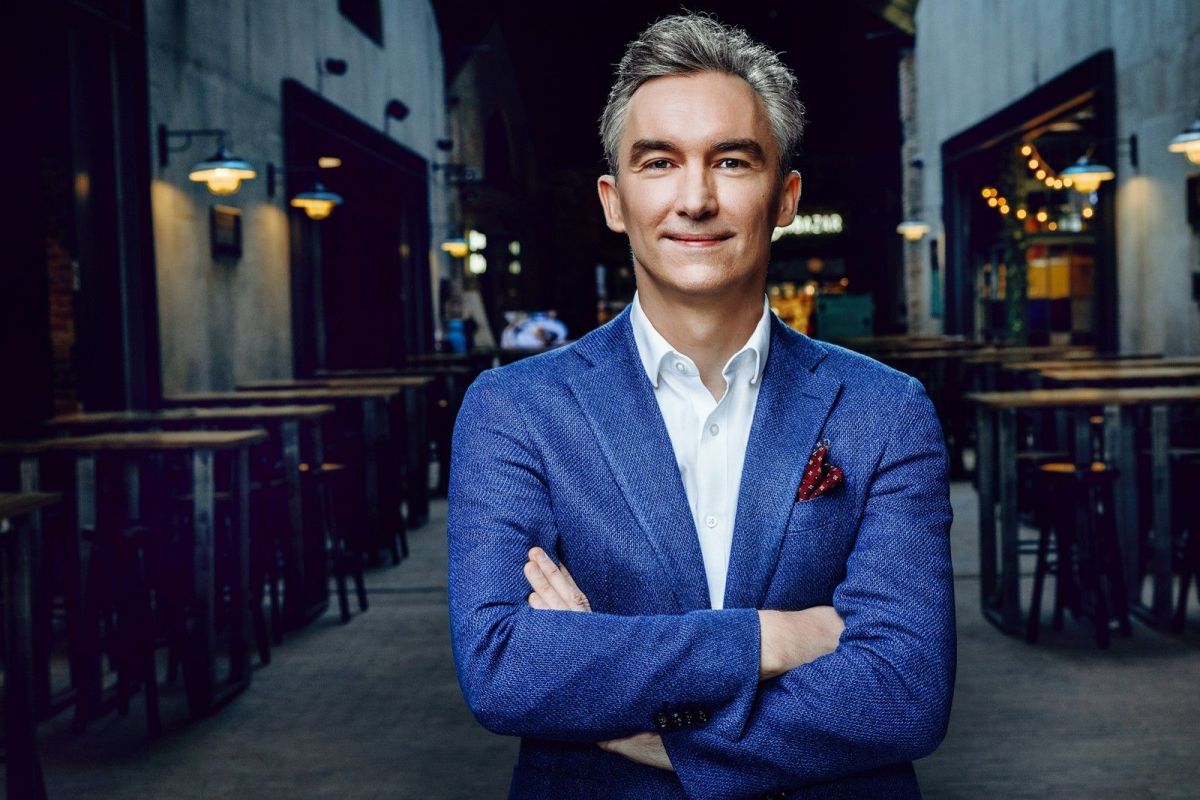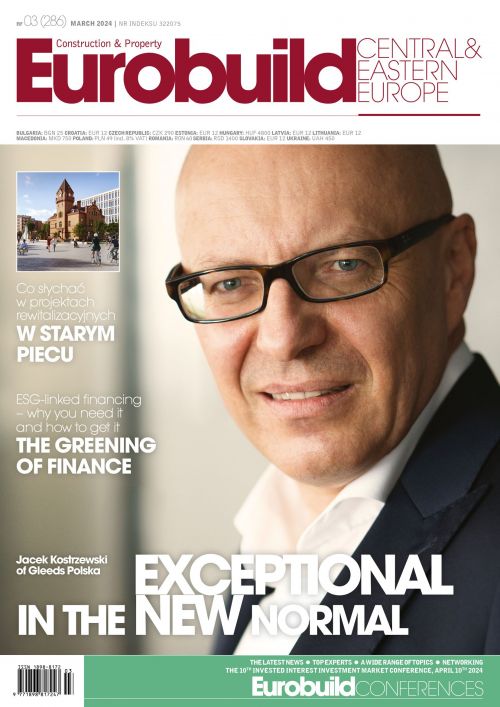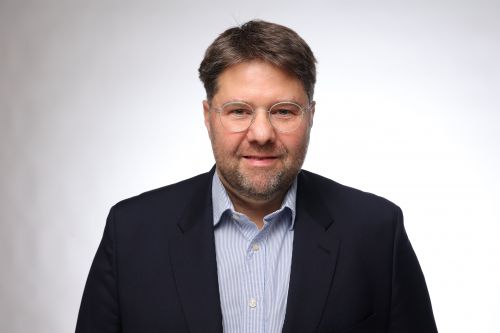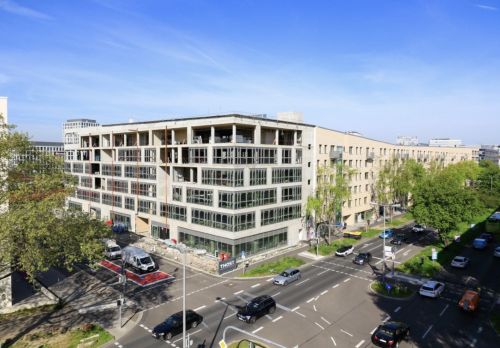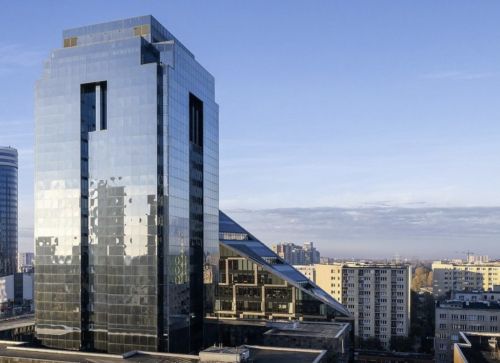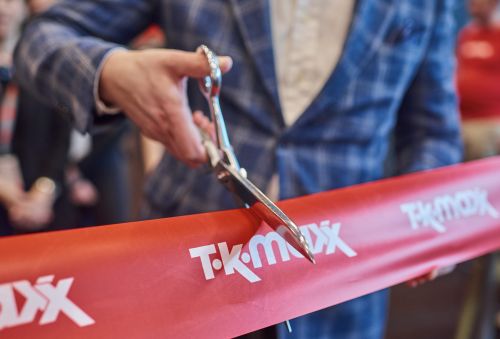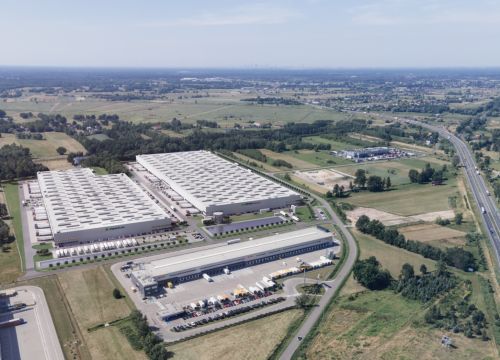In April, the Urban Land Institute is going to celebrate its 10th anniversary in Poland and you’re planning to hold a conference to mark the occasion. What is in the programme?
Marcin Juszczyk, the chairman of ULI Poland and a board member of Capital Park: The programme will follow up on topics that we’ve discussed at previous events, in particular, Places and Spaces, as well as being a forum for our observations on what’s happening in our sector and what the main factors affecting it are. We’ve only just emerged from the pandemic and some processes have been sped up, so we are now faced with a series of game-changers – related to both technology and the social sphere. You could say that we will be focusing on the usual topics, including analysing how technological development, social change and new working models have been impacting the real estate market, as well as the type of product now being delivered by developers and which types are succeeding (or
